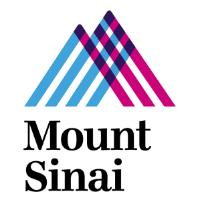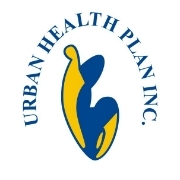About Job
Responsibilities1. Conducts Nursing assessment based on interview, examination, observation and review of records of the patient2. Ensures that the patients progress, or lack of progress, is reflected in progress notes and in the revised care plans3. Discharge planning consistent with the patient's status and reflects inter-departmental and inter-agency communication4. Communicates information to the patient based on the patient's level of awareness and readiness to learn5. Supports orientation of new staff members by observing professional behaviors, providing feedback to the staff member and by acting as a preceptor, role model and a resource person6. Functions as a professional role model and mentor for students and volunteers.7. Patient care assignments reflecting an awareness of patient needs and skill level of personnel8. Organization of provision of care to meets priority needs of patients and unit9. Communicates condition of patients and unit requiring additional intervention to the leadership person in the relevant discipline10. Participates in the development of other staff members11. Communicates with peers in an appraisal of practice as it relates to self and other nursing personnel12. Reflects a collaborative effort in meeting the needs of the patient and unit through communication and nursing actions13. Provides direction, assistance and support14. Assumes accountability and responsibility for completion and quality of assigned tasks15. Identifies and communicates to immediate supervisor the need for further staff education16. Reflects awareness of authorities and responsibilities of nursing management levels by communication with nursing leadership17. Seeks and utilizes nursing leaders as role models and resource persons18. Reflects collaborative effort in meeting patient and unit needs by communication with other disciplines19. Reflects the philosophy, goals and objectives of the Department of Nursing and the Hospital Center in communication and interaction with families and other groups
Qualifications
- Graduation from an accredited Nursing program. Bachelor's Degree in Nursing. (BSN)
- Associate's Degree in Nursing (ADN) RN who is matriculated in a BSN Program with a graduation date within the year.
- Any Associate's Degree in Nursing (ADN) RN with Nursing experience must be approved by the CNO.
- Documented previous experience or educational preparation to support credentials. Specials skills/experience may be required in specialized areas.
- Name: Neonatal Resuscitation Program Certificate (Required Depts.: L&D, NICU) Issuing Authority: American Heart Association
- Name: PALS (Required Depts.: ED; PACU; IR; Peds ICU, and APNs Pediatric Oncology) Issuing Authority: American Heart Association
Professional Field
 Nursing
Nursing Psychiatry
Psychiatry Social Work
Social Work Other Behavioral, Mental, or Healthcare Field
Other Behavioral, Mental, or Healthcare FieldPatient Focus
Diagnoses
Avoidant Personality Disorder
Issues
Aging
Medication Management
News, Politics, and Society
Age Groups
Children (5-10)
Elderly (65+)
Therapeutic Approach
Methodologies
ECT
Modalities
Individuals
Practice Specifics
Populations
Undergraduate/Graduate/Post Graduate
Racial Justice Allied
School
Settings
Faith-based organizations
In-patient Non-Psychiatric
In-patient Psychiatric
Milieu
Partial Hospitalization (PHP)
Research Facilities/Labs/Clinical Trials
Residential Treatment Facilities (RTC)
Substance Abuse Treatment Facilities
Home Health/In-home
Military
Sign up for job alertsGet daily alerts for jobs relevant to you, sent to your inbox









